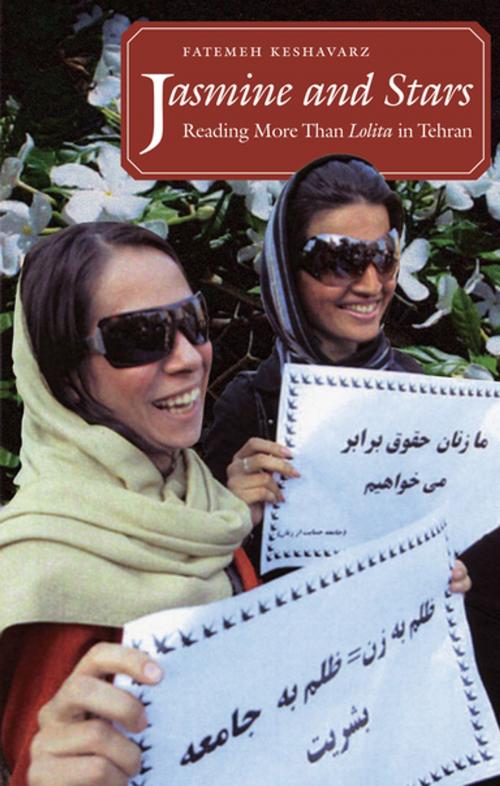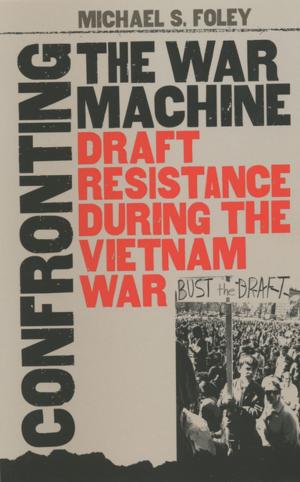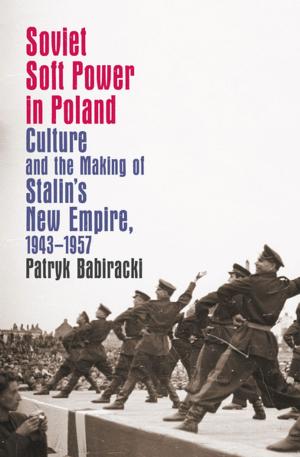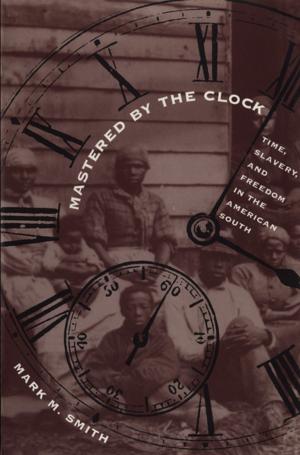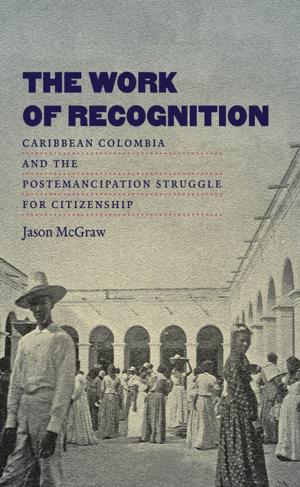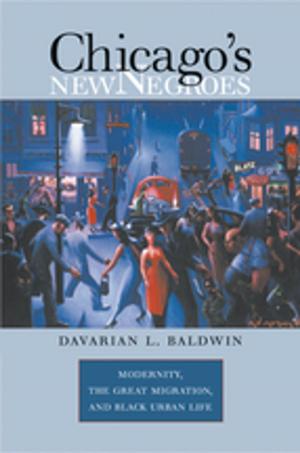Jasmine and Stars
Reading More Than Lolita in Tehran
Fiction & Literature, Literary Theory & Criticism, Asian, Middle Eastern, Biography & Memoir| Author: | Fatemeh Keshavarz | ISBN: | 9780807883754 |
| Publisher: | The University of North Carolina Press | Publication: | March 5, 2007 |
| Imprint: | The University of North Carolina Press | Language: | English |
| Author: | Fatemeh Keshavarz |
| ISBN: | 9780807883754 |
| Publisher: | The University of North Carolina Press |
| Publication: | March 5, 2007 |
| Imprint: | The University of North Carolina Press |
| Language: | English |
In a direct, frank, and intimate exploration of Iranian literature and society, scholar, teacher, and poet Fatemeh Keshavarz challenges popular perceptions of Iran as a society bereft of vitality and joy. Her fresh perspective on present-day Iran provides a rare insight into this rich culture alive with artistic expression but virtually unknown to most Americans.
Keshavarz introduces readers to two modern Iranian women writers whose strong and articulate voices belie the stereotypical perception of Iranian women as voiceless victims in a country of villains. She follows with a lively critique of the recent best-seller Reading Lolita in Tehran: A Memoir in Books, which epitomizes what Keshavarz calls the "New Orientalist narrative," a view marred by stereotype and prejudice more often tied to current geopolitical conflicts than to an understanding of Iran.
Blending in firsthand glimpses of her own life--from childhood memories in 1960s Shiraz to her present life as a professor in America--Keshavarz paints a portrait of Iran depicting both cultural depth and intellectual complexity. With a scholar's expertise and a poet's hand, she helps amplify the powerful voices of contemporary Iranians and leads readers toward a deeper understanding of the country's past and present.
In a direct, frank, and intimate exploration of Iranian literature and society, scholar, teacher, and poet Fatemeh Keshavarz challenges popular perceptions of Iran as a society bereft of vitality and joy. Her fresh perspective on present-day Iran provides a rare insight into this rich culture alive with artistic expression but virtually unknown to most Americans.
Keshavarz introduces readers to two modern Iranian women writers whose strong and articulate voices belie the stereotypical perception of Iranian women as voiceless victims in a country of villains. She follows with a lively critique of the recent best-seller Reading Lolita in Tehran: A Memoir in Books, which epitomizes what Keshavarz calls the "New Orientalist narrative," a view marred by stereotype and prejudice more often tied to current geopolitical conflicts than to an understanding of Iran.
Blending in firsthand glimpses of her own life--from childhood memories in 1960s Shiraz to her present life as a professor in America--Keshavarz paints a portrait of Iran depicting both cultural depth and intellectual complexity. With a scholar's expertise and a poet's hand, she helps amplify the powerful voices of contemporary Iranians and leads readers toward a deeper understanding of the country's past and present.
